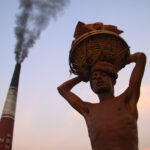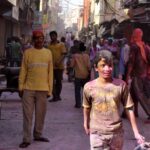Nepal earthquake 2015
Nepal earthquake 2015

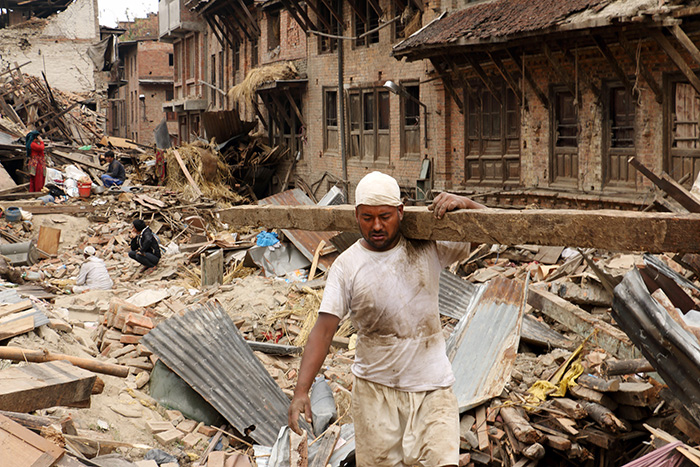
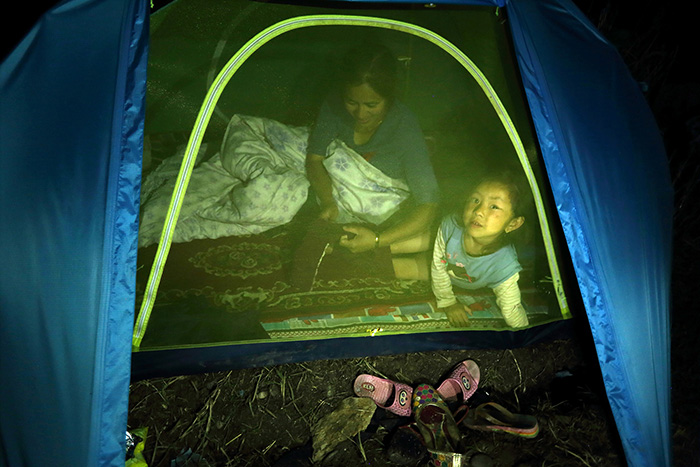
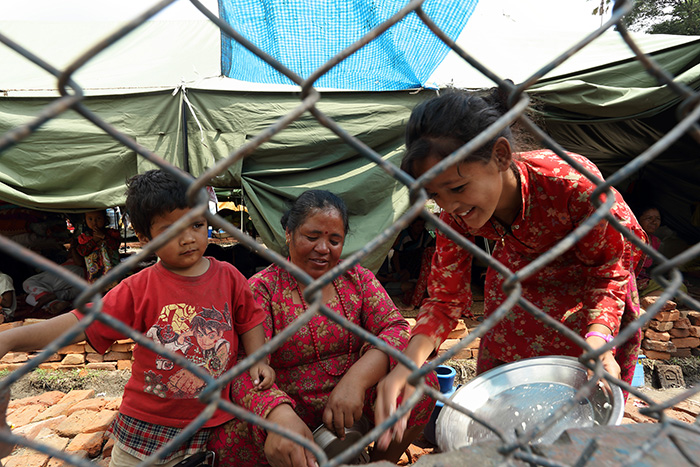

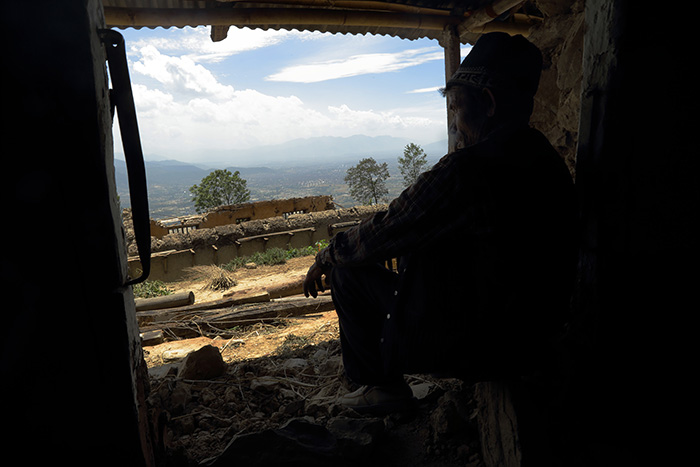
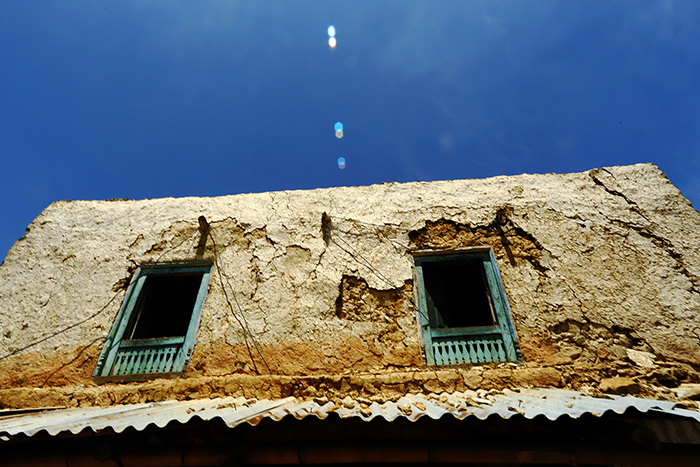

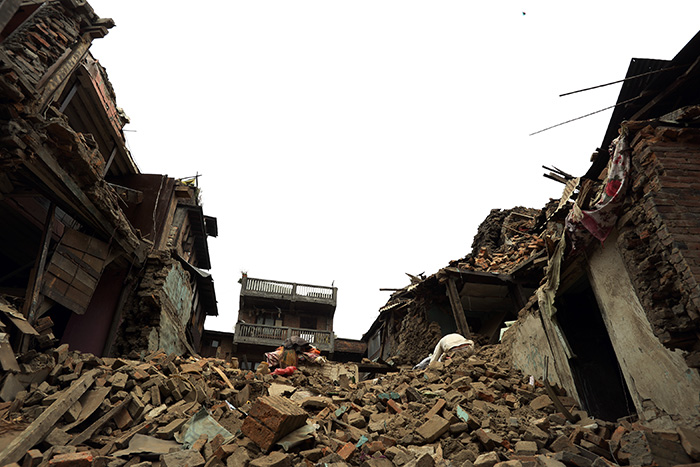
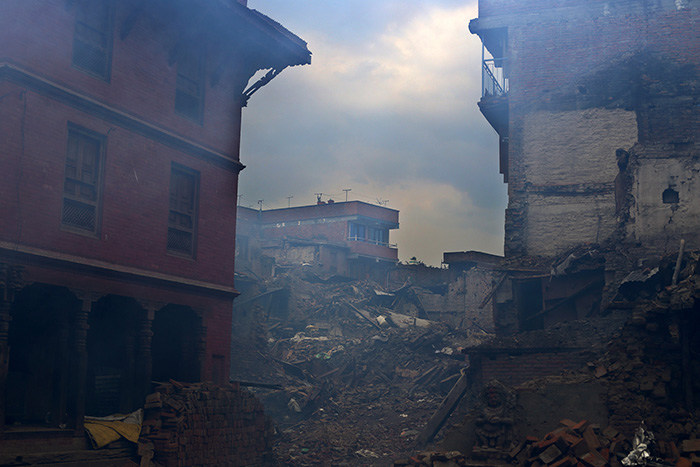
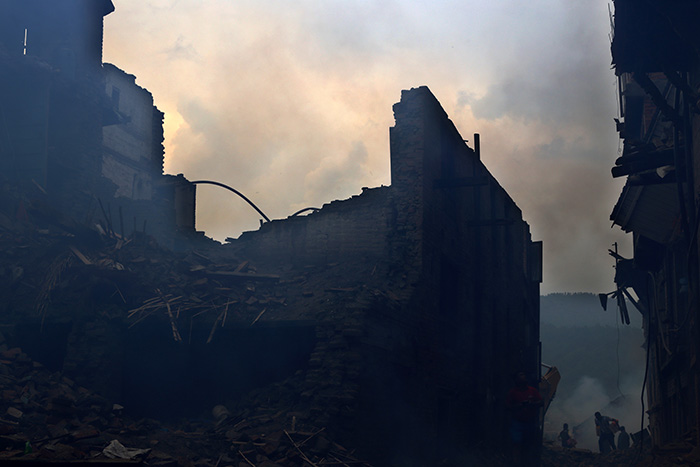

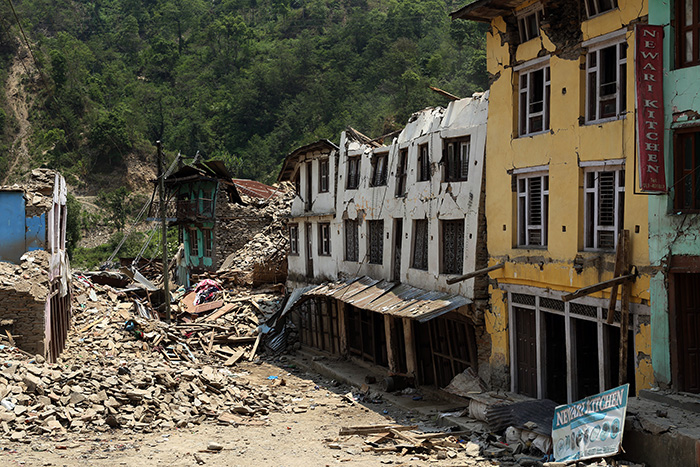
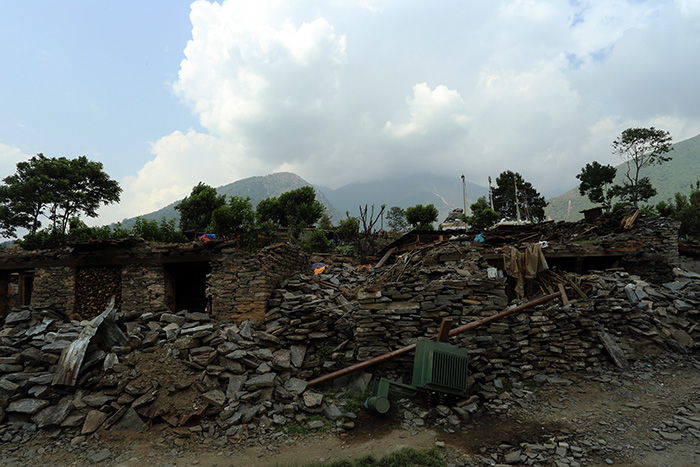
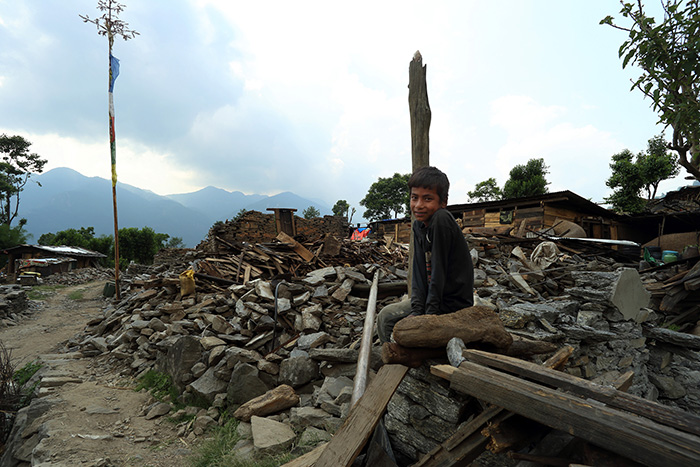
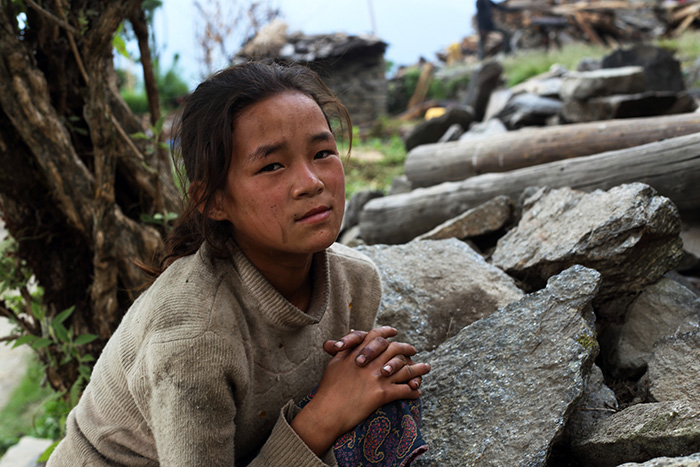
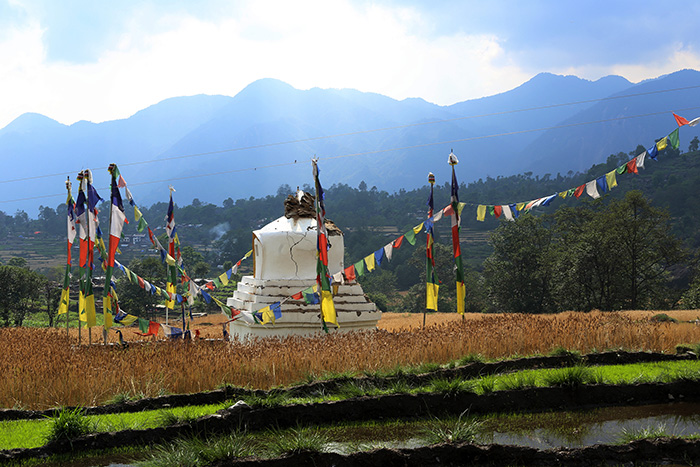
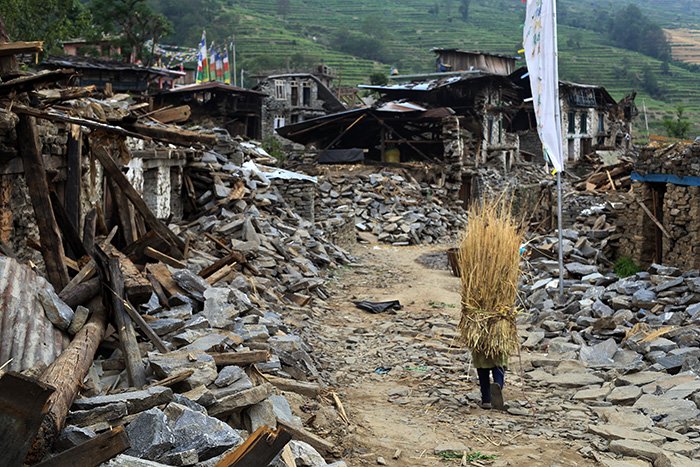
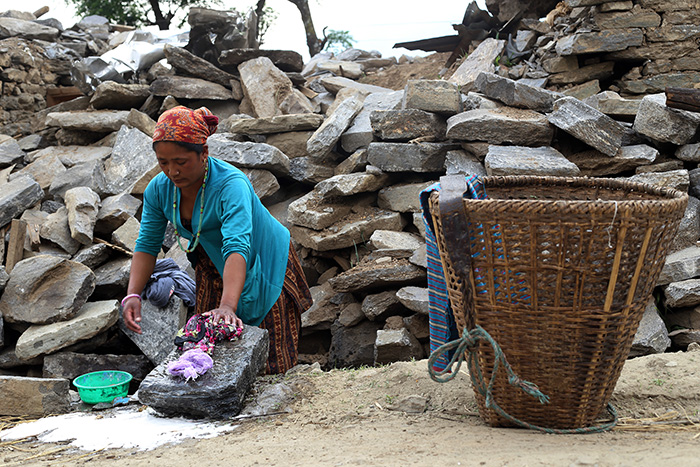
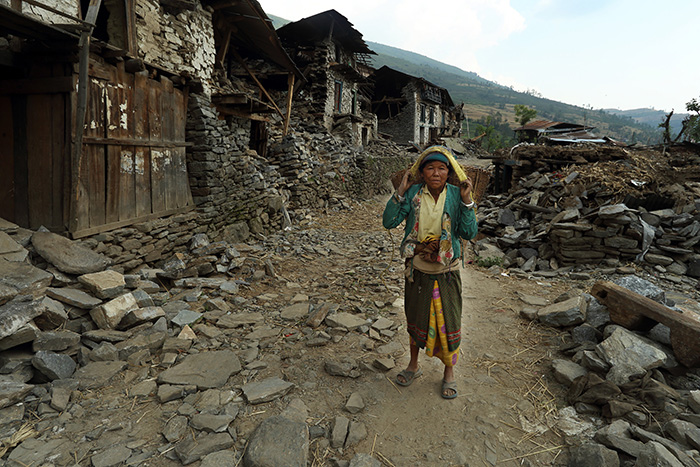
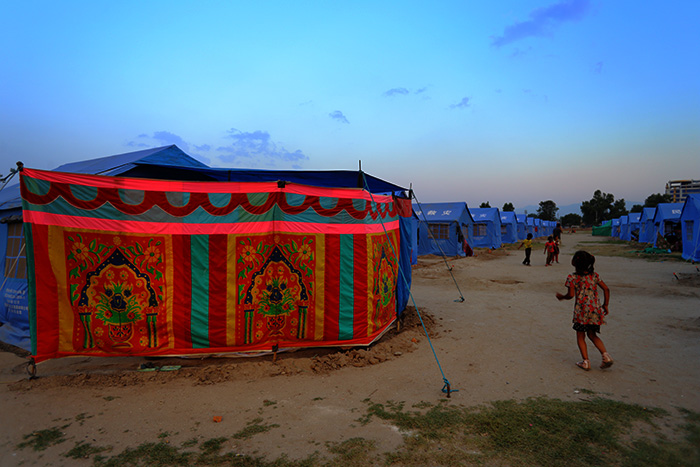
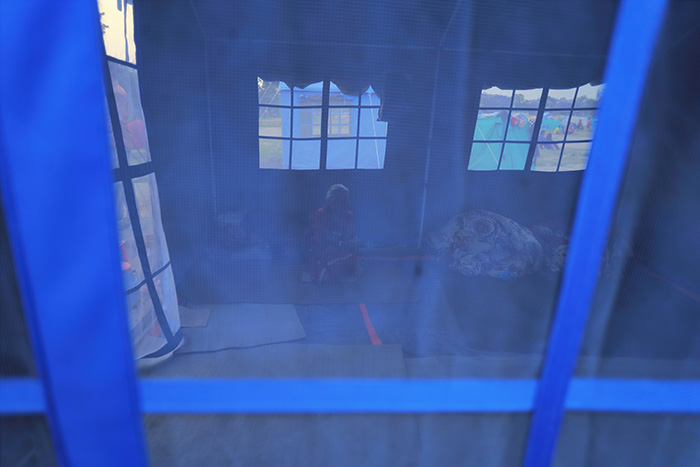

Nepal is considered be as one of the most beautiful place on the planet with the Himalayas, the valleys and the mountain surrounded all over. It is the land of ancient religion mainly consists of followers of Hinduism and Buddhism.
Due to a rise in tectonic stress around the Himalayas area, Nepal has experienced a historical pattern of earthquake. It is hard to believe that the devastating earthquake of Magnitude 7.8 on April 25, 2015 has taken more than 10,000 lives, countless have been injured resulting to a huge number of homeless people. Moreover, several heritage sites of UNESCO have been destroyed. The effect also has reached to its neighboring countries India and Bangladesh. A second major earthquake of Magnitude 7.3 has also hit the area on May 12, 2015 which has taken over 60 lives and left many wounded. About 1 Million tourist visiting Nepal each year, a major part of Nepal’s economy depends on the tourism industry. Due to the logical fear of continuous aftershocks and prior predictions of further tremor, tourists have fled from Nepal and almost all bookings have been cancelled.
The earthquake caused a massive avalanche and landslide. A terror is intensified with a series of powerful aftershocks. Anywhere there is open space not under rubble or concretes. Bare hand claws frenetically at the rubble or collapsed homes searching for the loved ones trapped underneath. It’s feared the entire villages and towns been wiped out, the whole communication collapsed, no treatment for the sick and dying, no food and water for the starving and thirsty.
The region in which they live is one of Bangladesh’s poorest and local communities complain that the Rohingya drain the area of resources, take away their jobs and are involved in smuggling and other crimes. So there is always a clash of dispute between the poor locals and The migrated Rohingyas . However the situation is, The Rohingyas are the survival of the fittest.
Some 30,000 have been registered as refugees by the UN, but the rest have no rights and mostly live in dreadful conditions on the edge of Bangladeshi villages or in squatter camps huts at Teknaf close to the border areas of Bangladesh-Burma. In crude huts thrown together with bin liners, sticks and mud. Sanitation is minimal. Sewage facilities, hugely inadequate in the monsoon season, run alongside the housing. ‘MSF’ survey found that 40% of those who died in this unregistered camp from diarrhea.
Hundreds of children flock at the site of a stranger in the Kutu Palong makeshift camp in southeastern Bangladesh, near the border with Burma. Some are wearing salvaged clothes; mostly, they are naked. “Hello, how are you?” “ hello fry ( foreigner )” they shout, repeating the one phrase they have picked up from the few aid workers that have gained permission from the Bangladesh authorities to enter the unregistered camp.
These kids are all Rohingya, a religious and linguistic ethnic minority from Burma’s northern Rakhine State, who have been fleeting state sponsored persecution in their homeland since 1978. In 1991, when the population experienced widespread repression and abuse from security forces posted in Rakhine, a quarter of a million crossed the border to Bangladesh seeking asylum. Most of them still live there today. Hundreds of thousands of others live outside these grounds, in the district of Chittagong or in unofficial camps, stateless and hopeless.
Meanwhile, thousands wait, unregistered, and unsure of what their future holds. In Kutu Palong, the children are still smiling, the chorus of ‘hellos’ replaced with ‘goodbyes.’ Many lives have begun in this camp in the last decade. Many will end here, too, without a birth or death certificate to prove that they ever existed.
This series of photograph show some ways of their living. They sent their child to learn ‘The holy Quran’ possibly as a mark of spiritual act to redeem their sufferings. Faces as a trace of man’s everyday indifference they are suffering from, but also as a mark of faith & hope of change. No one really does not know when the good days will arrive & they will b out of this jail.

